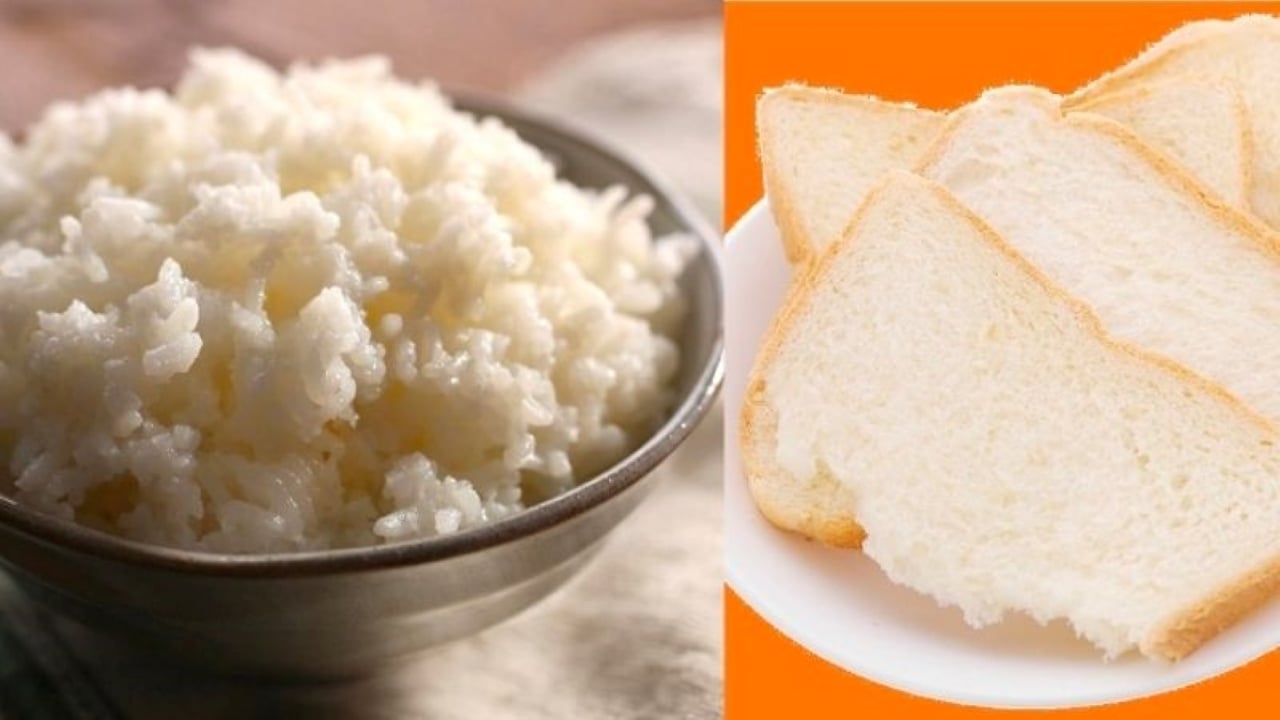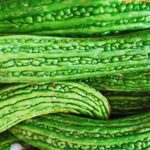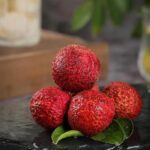A revealing study by an endocrinologist tracking the lifestyle habits of 362 diabetic patients sheds light on four recurring lifestyle habits that are key contributors to diabetes.
1. Preference for White Rice and White Bread
Refined carbohydrates, such as white rice and white bread, may seem innocuous, but they are insidious contributors to blood sugar spikes.
These foods are devoid of fiber and are rapidly digested and absorbed, leading to a rush of glucose into the bloodstream. Insulin doesn’t have time to respond, resulting in elevated blood sugar levels.
A striking pattern emerged from the dietary analysis of 362 individuals, with over 62% consuming excessive amounts of refined staples and lacking whole grains daily. The irony is that most perceived their diet as “light and healthy.” The issue lies in their consumption of “clean” rather than “sugar-conscious” foods.

2. Rapid Eating and Lack of Mindfulness
It may sound bizarre, but blood sugar control is most challenging for those who eat while watching videos.
When individuals focus on their meal, they tend to chew more, produce more saliva, and allow digestive enzymes to gradually receive food, resulting in a relatively slower rise in blood sugar.
In contrast, rapid eaters finish their meals in a matter of minutes, continuously consuming starches. Before the stomach can signal to the brain that “I’m full,” blood sugar levels have already soared.
Longitudinal studies have consistently shown that individuals who eat in under 10 minutes have, on average, 0.4% higher levels of glycated hemoglobin compared to slow eaters. This is not about decimal points but the cumulative burden on insulin regulation over time.
Ironically, some consider “eating on the go” a sign of efficiency. However, from a physiological standpoint, this rushed eating pattern disrupts the feedback loop of the gut microbiome, impairs the timely release of digestive enzymes, and even compromises blood sugar absorption control. By the time the issue is recognized, a “circle of insulin resistance” has formed.
3. Drinking Milk Tea and Sugar-Free Drinks Instead of Water
It comes as no surprise that milk tea makes it onto the “blacklist” for diabetics. What’s concerning is that many believe opting for a “sugar-free” version is safe, unaware that this is the real “sweet trap.”
Most sugar-free drinks rely on sweeteners like aspartame, sucralose, and steviol glycosides. While these sweeteners are calorie-free, they stimulate taste receptors, tricking insulin into “false alarm mode,” causing premature insulin release, leading to hypoglycemia or insulin dysregulation.

Long-term consumption of sugar substitutes also alters the composition of the gut microbiome. Studies have revealed that over half of individuals who used sugar substitutes for seven consecutive days exhibited reduced gut microbiome diversity and slight abnormalities in glucose tolerance.
While the effect is not immediate like sugar, it acts as an “invisible trap,” gradually diminishing insulin sensitivity.
4. Chronic Stress and Late Bedtimes
This patient group presented the most challenging management and poorest outcomes among the 362 individuals. Late bedtimes directly disrupt the body’s circadian rhythm.
The liver is forced to remain active when it should be resting, and the insulin secretion rhythm is also disrupted.
More importantly, emotions play a significant role. Prolonged feelings of anxiety, irritability, and sadness impact the neuroendocrine axis, leading to increased release of stress hormones. These hormones counteract insulin’s effects, resulting in “hyperglycemic states.”
Doctors note that for some patients, when blood sugar levels are seemingly controlled, encountering household chores or work pressures can cause blood sugar spikes over two to three days and even lead to hyperglycemic comas.
At first glance, these habits may not seem significant. However, when combined, they become the underlying reasons why diabetes is challenging to manage.
While medication can regulate blood sugar and diet can stabilize it, it is the long-term rhythm, state, and lifestyle of an individual that truly tames blood sugar levels.
The Secret to Reducing Bitter Melon’s Bitterness by 70%: A Trick Up Your Sleeve.
Bitter melon, or bitter gourd, is renowned for its cooling and health-boosting properties. However, its intense bitterness can be off-putting to many, making it a challenging vegetable to consume. The key to enjoying this nutritious treat lies in minimizing its bitter taste, thus making it more palatable for those who wish to reap its benefits without enduring an overpowering bitterness.
The Ultimate Superfruit: Nature’s Candy with Astonishing Health Benefits
Introducing the revolutionary superfruit that is taking the health world by storm! With an incredible sweetness that surpasses cane sugar by 300 times, this fruit is a game-changer for those conscious of their health. But the benefits don’t stop there – it also boasts the ability to support cancer prevention, all without spiking blood sugar levels. This natural wonder is truly a gift from nature, and it’s easy to see why it’s becoming a favorite among health enthusiasts.
Banana Blossom – A Wild Delicacy with 8 Amazing Health Benefits
Banana blossom, also known as banana heart, is a culinary gem that adds a unique twist to a variety of dishes. With its versatile nature, it can be transformed into delicious meals that are not only appetizing but also offer a host of health benefits. Let’s delve into the world of banana blossom and uncover the secrets it holds for both our taste buds and our well-being.



































